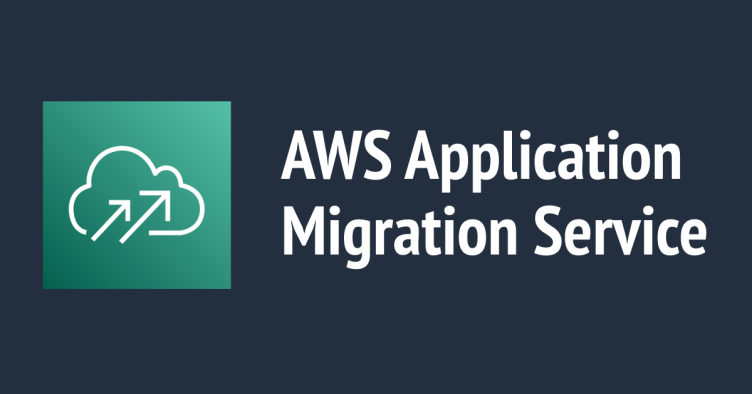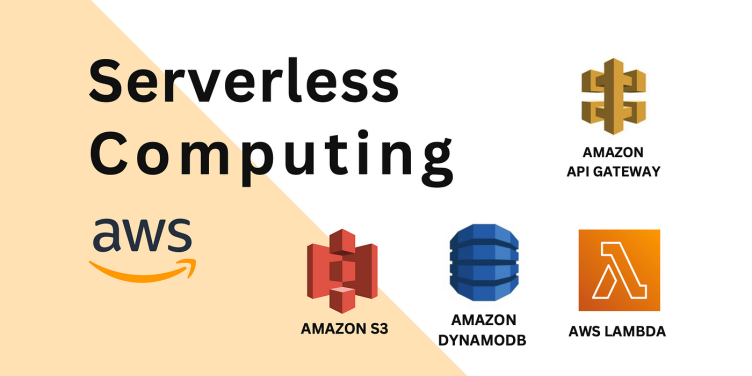A Comprehensive Analysis of AWS Cloud Storage Services from Cloud Einstein's Perspective
Amazon Web Services (AWS) provides an array of cloud storage solutions designed for diverse applications and business scenarios. Understanding these different offerings can aid in aligning your organizational needs with the right storage solution.
Amazon S3 (Simple Storage Service)
Use Cases
Backups:
Automated Backups: Schedule and automate backups of entire databases, servers, or single files.
Versioning: Maintain versions of files, enabling rollback if needed.
Disaster Recovery: Multi-region Replication: Store replicas of data across different geographical locations to ensure availability.
Integration with AWS Disaster Recovery Services: Streamline disaster recovery operations.
Big Data Analytics:
Integration with Analytics Tools: Connect with tools like AWS Athena and Redshift for seamless data analysis.
Data Lakes: Create and manage a centralized repository for large volumes of structured and unstructured data.
Static Website Hosting:
Public Accessibility: Host public-facing web content, including HTML, CSS, and images.
Integration with Content Delivery Network: Utilize AWS CloudFront for faster delivery.
Amazon EBS (Elastic Block Store)
Use Cases
Database Storage:
Low-latency Performance: Support high-transaction, low-latency applications like financial systems.
Snapshot Capabilities: Create and restore snapshots for backup and cloning purposes.
Boot Volumes:
Rapid Provisioning: Quickly scale and provision EC2 instances with EBS-backed boot volumes.
Performance Monitoring: Utilize CloudWatch for real-time performance monitoring.
Business Applications:
Consistent Performance: Ensure smooth running of ERP and CRM systems with consistent read/write operations.
Amazon EFS (Elastic File System)
Use Cases
Content Management Systems:
Shared File Storage: Collaboratively manage content across various applications.
Scalability: Automatically scales up or down based on the usage.
Development Environments:
Multi-Environment Access: Share files across development, staging, and production environments.
Integration with Development Tools: Works seamlessly with continuous integration and continuous deployment (CI/CD) pipelines.
Container Storage:
Persistent Volumes: Store container data persistently across multiple lifecycle stages.
Compatibility with Orchestration Tools: Easily integrate with Kubernetes, ECS, etc.
Amazon Glacier
Use Cases
Archival:
Long-Term Preservation: Secure historical data for decades with integrity checks.
Hierarchical Storage Management: Seamlessly move data between hot and cold storage based on access patterns.
Long-term Backups:
Automated Scheduling: Define policies to move data to Glacier after a specific time period.
Cost Optimization: Minimize storage costs for infrequently accessed data.
Compliance Requirements:
Regulatory Compliance: Meet legal requirements for data retention.
Auditing and Monitoring: Provide detailed logs and access monitoring for audit trails.
Conclusion
Amazon Web Services' extensive portfolio of cloud storage offerings caters to myriad organizational requirements. From the highly flexible S3 that serves as a versatile object storage platform to the more specialized services like EBS for high-performance block storage, EFS for shared file systems, and Glacier for long-term archival, AWS provides comprehensive solutions that can be tailored to your specific needs.
If your organization requires further assistance in navigating the complex landscape of AWS storage services, Cloud Einstein's team of seasoned professionals stands ready to guide you. Leveraging our expertise and deep understanding of AWS, we can help design and implement a storage strategy that perfectly aligns with your business goals and technical requirements.







